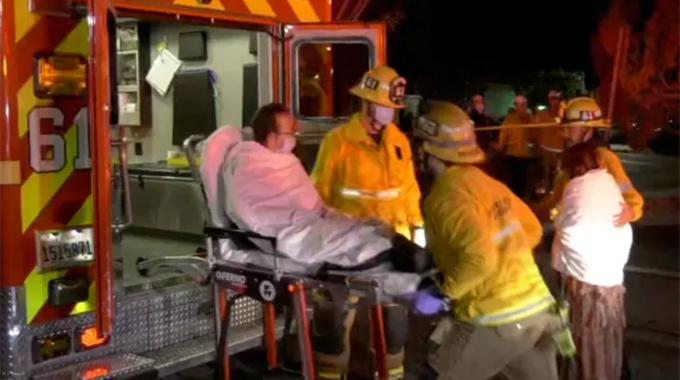Is globalisation dead? The big question at Davos

The explosion in global connectivity and trade that was widely taken for granted for decades is certainly under pressure.
From the Covid-19 pandemic to the United States-China rivalry, Brexit and the conflict in Ukraine, a confluence of factors is challenging the long-held assumption that business and investment should be able to move freely across borders.
Where once the cost of doing business drove investment decisions, firms must now consider geopolitical and national security factors that increasingly drive governments’ policymaking.
Tinglong Dai, an expert in globalisation at Johns Hopkins Carey Business School, is of the view that globalisation, while not dead, is at least struggling to survive.
“In the coming years, we may see the emergence of a ‘supply chain iron curtain’, where Western countries maintain high levels of free trade, investment and movement of people among each other but scrutinise links with China, Russia, and the like,” Dai told Al Jazeera.
“This means that free trade in goods and services in sensitive and strategic categories will be severely restricted — (for example) semiconductor chips, automotive batteries and public health products — and even mundane supply chains will be subject to increased regulation and public pressure.”
The relatively lacklustre attendance at this year’s World Economic Forum, one of the most closely watched annual gatherings of key leaders in politics and business, itself seems to symbolise the shifting winds.
German Chancellor Olaf Scholz is the only G7 leader in attendance. In 2018, six of the seven leaders of advanced economies, including the then-United States President Donald Trump, attended the gathering. — Al Jazeera











Comments